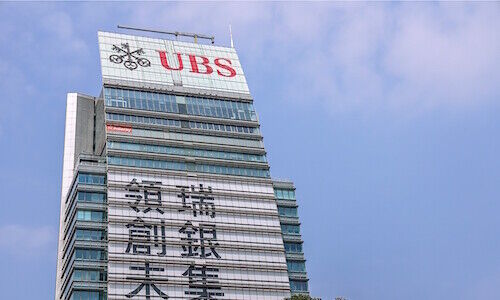UBS: China is a «Bright Spot» Amongst Asian Equities
China has become the key overweight position within the regional equity market for UBS, the Swiss lender revealed during the Asian Investment Conference. This is despite continued pessimism amongst global investors.
In the third week of April, UBS turned positive on MSCI China while global investors remain largely underweight on the market. According to Karen Hizon, APAC equity strategist at UBS Investment Bank, China is a «bright spot» amid a challenging environment for the rest of Asia which faces headwinds from continued strength in developed markets, an expected delay in US rate cuts and a strong dollar.
«It is now our key overweight market. The question we get is why and why now,» Hizon said during a media session at UBS’ 27th Asian Investment Conference attended by finews.asia.
What Has Changed?
Hizon highlighted four key reasons that UBS has shifted its position on China. Firstly, earnings are improving, especially in the internet and consumer sectors. Secondly, there have been positive surprises in dividend increases and share buybacks. Thirdly, there is higher visibility on policy support. Fourthly and finally, the bank is optimistic on global investor positioning.
«In general, global investors have turned neutral on emerging market equities and that’s really driven by their views on China,» she explained. «We do think this already marks the bottom and we think that should be turning when we have an update by the end of the second quarter.»
Top Regional Themes
In the broader APAC region, the bank is focused on four key investment themes. They include strength in domestic growth with Southeast Asia and India being better positioned markets; Asia's tech cycle, mainly via semiconductors in Korea and Taiwan; US interest rates and the relatively limited impact on China; and supply impact on higher oil prices which will benefit commodity-driven markets like Indonesia.
In terms of geographies, UBS is overweight on mainland China, Hong Kong, Malaysia and the Philippines. It is neutral on Taiwan, Korea, Indonesia and Thailand while being negative on India and Singapore.



























